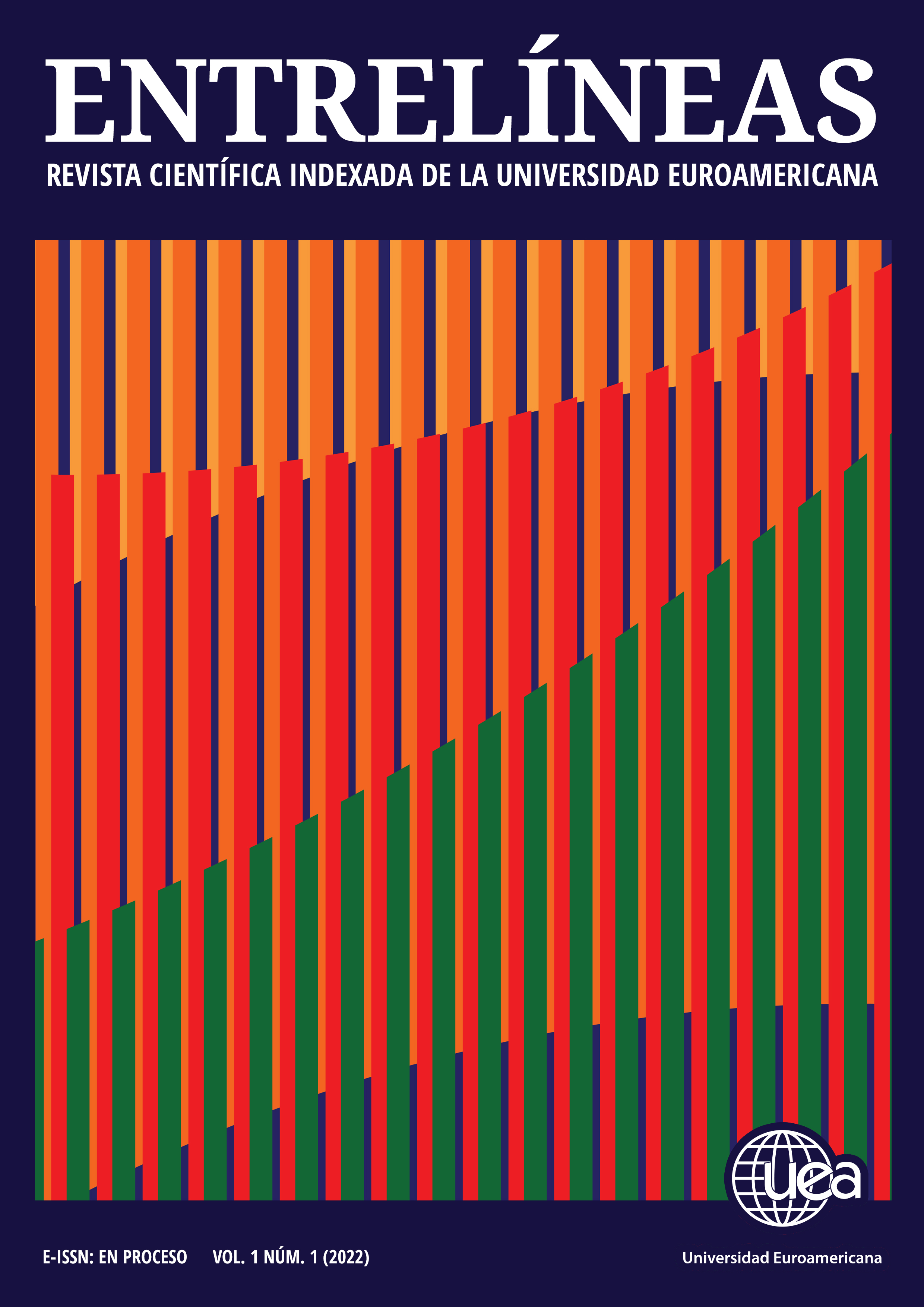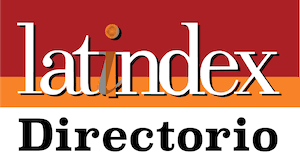Didactic innovation strategy based on active methodologies for the development of significant learning of physiology
DOI:
https://doi.org/10.56368/Entrelineas115Keywords:
Strategies, didactic innovation, active methodologies, meaningful learning, physiologyAbstract
This research article is aimed at presenting an alternative solution to achieve meaningful learning of physiology in the context experienced by the students of the first semester of the medical career of the Central University of Ecuador during the time of pandemic (COVID-19), for which the general objective was assumed: To propose a didactic innovation strategy based on active methodologies for the development of meaningful learning of Physiology in the aforementioned population in the year 2021. Epistemologically, the positivist paradigm was assumed through the deductive logical method, resorting to a projective depth, with a field design, univariate, contemporary and non-experimental transectional. The population consisted of 266 students, of whom a sample of 160 students was obtained by means of the simple random probabilistic sampling technique, to which a questionnaire was applied with the support of the survey technique, whose validity it was reached through the expert judgment technique, and reliability through the calculation of the Crombach coefficient, whose result was 0.93. The results showed that the students present a very high level of representation learning, with weakness in learning concepts and propositions simultaneously. On the other hand, it was confirmed that even though students show a very high level of motivation towards learning physiology, it is necessary to increase their skills in the corresponding stages with comprehension, systematization, transfer and feedback.
Downloads
References
Álvarez, G., y Difabio, H. (2018). Retroalimentación docente y aprendizaje en talleres virtuales de escritura de tesis. Apert. (Guadalaj., Jal.), 10 (1), 8-16. http://www.scielo.org.mx/pdf/apertura/v10n1/2007-1094-apertura-10-01-8.pdf
Ausubel, D., Novak, J., y Hanesian, H. (1983). Psicología Educativa. Un punto de vista cognoscitivo. Trillas.
Cedeño, E.; Moya, M. (2019). La retroalimentación como estrategia de mejoramiento del proceso formativo de los educandos. Atlante: Cuadernos de Educación y Desarrollo, 110. https://www.eumed.net/rev/atlante/2019/08/retroalimentacion-educandos.html
Constitución de la República del Ecuador. (2008). Corporación de Estudios y Publicaciones.
Jara, C., Sánchez, M., y Cox, C. (2018). Liderazgo Educativo y Formación Ciudadana: Visiones y Prácticas de los actores. https://scielo.conicyt.cl/pdf/caledu/n51/0718-4565-caledu-51-350.pdf
Sierra Bravo, R. (1991). Técnicas de investigación social (7 ed.). Paraninfo.
Tigse Parreño, C. (2019). El constructivismo, según bases teóricas de César Coll. Revista Andina De Educación, 2 (1), 25-28. https://repositorio.uasb.edu.ec/handle/10644/7649
Touriñán, J. (2019). La relación educativa es un concepto con significado propio que requiere concordancia entre valores y sentimientos en cada interacción. Sophia, colección de Filosofía de la Educación, 26 (1), 223-279.
Yánez, P. (2016). El proceso de aprendizaje: fases y elementos fundamentales. Revista San Gregorio, 1 (11), 70-81.
Downloads
Published
Issue
Section
License

This work is licensed under a Creative Commons Attribution-NonCommercial 4.0 International License.
You are free to:
- Share — copy and redistribute the material in any medium or format
- Adapt — remix, transform, and build upon the material
- The licensor cannot revoke these freedoms as long as you follow the license terms.
Under the following terms:
- Attribution — You must give appropriate credit , provide a link to the license, and indicate if changes were made . You may do so in any reasonable manner, but not in any way that suggests the licensor endorses you or your use.
- NonCommercial — You may not use the material for commercial purposes .
- No additional restrictions — You may not apply legal terms or technological measures that legally restrict others from doing anything the license permits.









